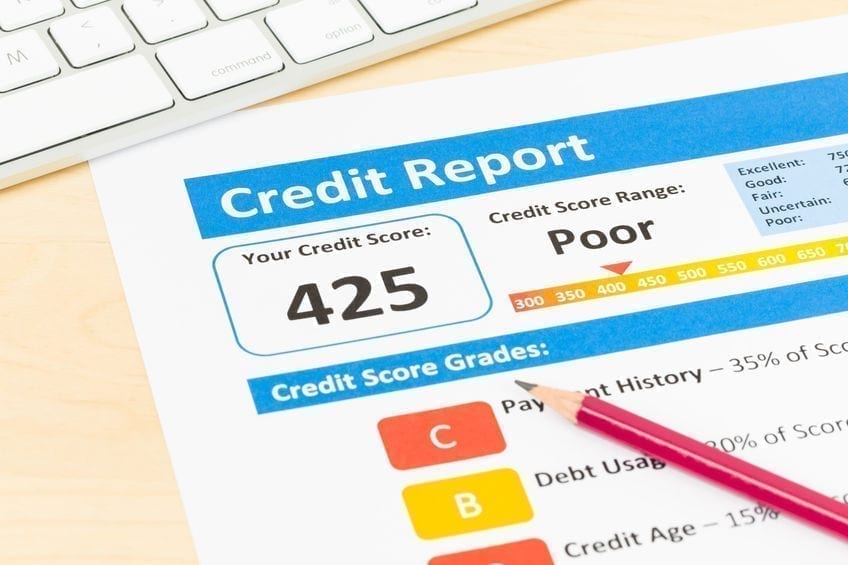If you plan on buying a home in Albuquerque, your credit history is critical. If you haven’t reviewed your credit report in a while, you probably need to pull another one for free from www.annualcreditreport.com. This site allows consumers to retrieve their free credit report once a year from Equifax, Experian, and TransUnion. It has the main goal of ensuring that there aren't any errors in the report. Unfortunately, credit reports do contain a fair amount of errors.
However, these repositories are not to blame because they only report what they receive from merchants and companies who issue credit. When data is sent to them, they include it. They will not be checking every time a consumer's payment history is forwarded to them. They will only check it if the consumer reports the error.
For example, someone who has a similar name on their report might show some late payments on your report which do not belong to you. This is the kind of information to look out for. You would be surprised to see what all your report contains. You’ll see the addresses of homes you’ve lived in over the years. You’ll also see any previous names you’ve used.
When consumers look at their report, they should look for errors, but they also want some assurances what is put out there is accurate. The key to building a good credit history is making sure that these credit agencies are reporting your timely payments. However, some data bits from these reports are more important than others. What are they?
Surely the places you've lived over the last few years aren't that important. Right? And of course any other surnames you’ve used. If you married John Doe and your name is Jane Smith, you will be recorded as Jane Doe and Jane Smith. Pretty straightforward.
The most important factor in your credit report is payment on time. Account balances are also important. Someone with a balance that exceeds his or her limit regularly will see their scores plummet. On the other hand, keeping your balance relatively low all the time improves your scores.
If you have had the credit card for a while, a late payment on it won’t hurt your scores as long as the late payment is relatively isolated. A late mortgage payment will count more against you than any late credit card payments. However, bankruptcy or foreclosure will hurt your credit report the most, although the damage will lessen with time. What matters most to your credit report is what happened within the last few years, not what happened five or six years ago. Older, less reliable information will be ignored, provided that current payments are being reported in a timely manner.
When you apply for new credit, an inquiry is recorded. The occasional inquiry for new credit is not detrimental to your credit score, but multiple inquiries within a short period of time will hurt your score. Not as much as a late payment or high balance account, but it will still have an impact. There will be more impact on your credit report when there are other negative marks as well.
It all comes down to making sure payments are made within 30 days after the due date and keeping balances below one-third of credit limits. These two factors are the biggest ones. A mortgage company looks at your credit report and credit score, so long as your payments, balances, and history are kept under control, your credit will be fine.
